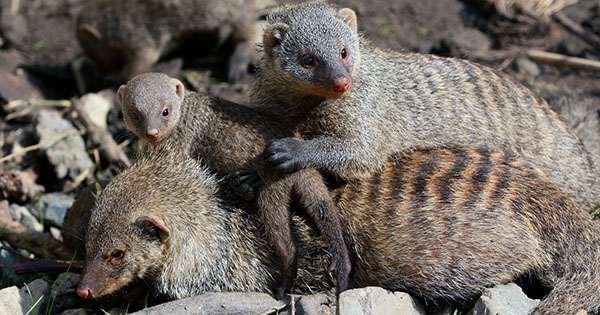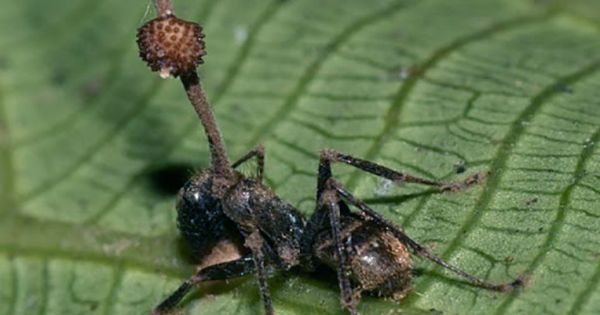Some social problems are common among other social animals. Such a solution has never been seen before in the banded mangoes. New research has revealed that mangoes have invented a unique method to reduce the risk that some members of the pack began to unjustly disenfranchise life. The way they did it could not be applied directly to humans, but that does not mean that it is without any effect. Banded monkeys (or mongeese if you will) have created an unusual pattern where an average of five members of a group give birth on the same night, known as the birth combination.
It was probably designed to make it easier for males to protect whole puppies at once, when new mothers go out to feed and protect adults from the death of another puppy. However, the funny consequence of this is that mothers do not exclusively breastfeed their young, but communally take care of the puppies. Dr. Harry Marshall, of the University of Rohampton, explained in a statement, “Birth congestion has created unusual situations in which mothers do not know which puppies are their own, so they may not like to be given extra care,” explained Dr. Harry Marshall in a statement at Rohampton University. “Our study shows that this ignorance leads to a clear allocation of resources – in fact, a perfect society.”

As published in Nature Communications, Marshall and University of Exeter Professor Michael Kant conducted an experiment with a team of seven mongooses, feeding half a pregnant woman 50 grams of boiled eggs in each group so that they themselves could be caught supplementing the free supplement. The other half are left on their own devices.
Presumably, better-fed mothers give birth to heavier cubs. In most species this benefit is spread throughout life, increasing the chances of test lottery beneficiaries surviving more and more offspring. Kant and Marshall expected something different between mongeese.
“We predicted that the‘veil of ignorance ’would keep women focused on the puppies they most needed – and we got it,” Kant said.
















